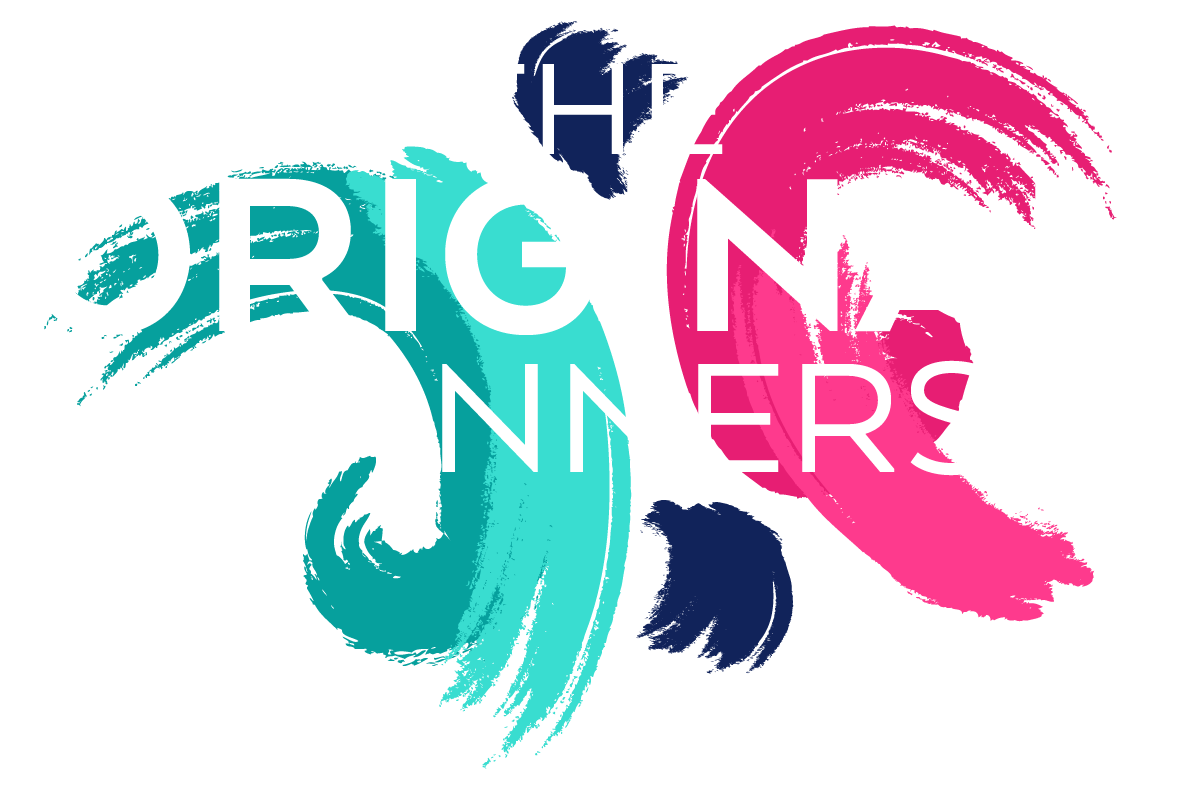As community dance artists trained in delivering Dance for Parkinson’s we have the pleasure of seeing first-hand the benefits dance can bring to those living with this condition. And because we see these benefits on a weekly basis we are passionate about spreading the word about why this practice is so wonderful!
Weekly classes
We currently offer two weekly Dance for Parkinson’s sessions.
Our aim is to bring people together to enjoy movement, music and self-expression in a non-judgemental environment.
The sessions run as part of Fresh Arts at Southmead Hospital (part of the North Bristol NHS Trust, a leading centre for neurosciences and Parkinson’s care and treatment) and also at the Trinity Centre.
Anyone living with Parkinson’s can attend the sessions – and carers, relatives and friends are all welcome too (as long as they join in)!
Parkinson’s
Dance for Parkinson’s is a developing field but there have been numerous studies about the benefits dance can bring for people living with Parkinson’s.
Parkinson’s is a neurodegenerative disease for which there is currently no cure. Symptoms vary greatly from one person to another and the disease does not progress in a linear fashion.
A growing body of evidence points to the real physical, mental and social benefits experienced by people living with Parkinson’s when they dance.
Wellbeing boost
In our Dance for Parkinson’s sessions we aim to boost physical wellbeing in the following ways:
- Maintain cognitive function;
- Reduce cardio risk;
- Reduce risk of falls;
- Develop co-ordination, balance, motor skills and body and spatial awareness;
- Increase exercise undertaken outside of the class.
But – in line with research in the area – we find that the dance sessions provide more than just physical benefits; there are psychological, social and emotional benefits too.
As an individual activity it can help people with Parkinson’s communicate and express themselves.
As a group activity it can help encourage feelings of inclusion and provide positive social interaction and a sense of community.
This is especially true when we all enjoy a cup of tea together at the end of every session. Getting together to move and socialise once a week provides invaluable support.
Research
In conjunction with the University of Roehampton, the English National Ballet ran a three-year study into the effects of dance on people with Parkinson’s.
It concluded that the value of these sessions were in their ability “to offer an activity that resonates deeply on intellectual, social and emotional levels.”
It said that with methods that put emphasis on inclusion and individual needs, together with a happy, positive atmosphere, people could participate in a programme that they felt was theirs collectively and one of “immense value.”
Dance
One of the favourite dances we do is a flocked improvisation. The group performances are initially led, like a flock of birds, by a single dancer. These sequences have moved people to tears and inspired rounds of applause at public sharings.
Seeing the connection of many bodies move together as one is both mesmerising and moving as an observer. As a participant, it is even more so.
The Original Spinners run Dance for Parkinson’s sessions:
Tuesdays 10.30-12.00 (Trinity Centre)
Fridays 1.30-3.00 (Southmead Hospital)
Contact us for more details
